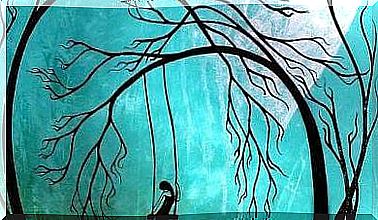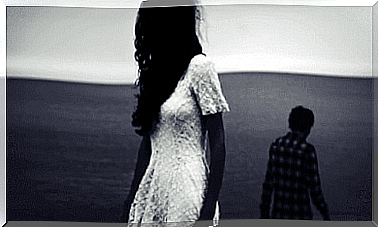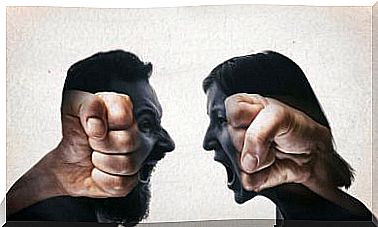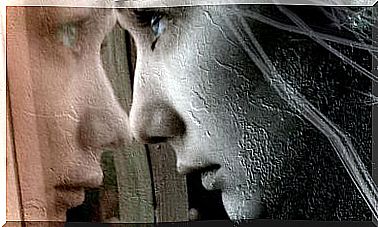Maria Callas: Biography Of A Voice From Olympus
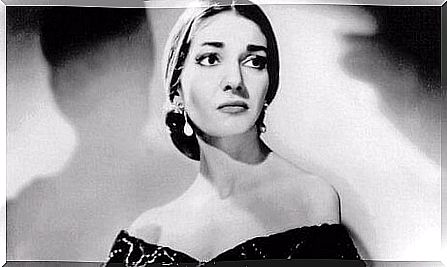
Today, we are going to exhibit a brief biography of Maria Callas, one of the best known opera singers in the world. During the 1950s, she became known internationally for her beautiful voice and intense personality. To this day, his recordings of iconic operas continue to dazzle fans of the genre.
Opera is one of the most complex art forms: it combines acting, singing, music, costumes, stage and sometimes dance. Opera composers base their works on very tragic stories of love and death.
In addition to the beauty of the work, the weight of the opera also falls on the singers. They must invoke anger, cruelty, violence, fear or madness in history. In other words, this requires a great interpretive effort and a voice capable of transmitting a multitude of emotions. In this sense, Maria Callas, known to her legions of admirers as “the divine”, was exceptional.
Callas’ fame stemmed not only from her unique voice, but also from her moving acting ability. His histrionics was attributed, at least in part, to a life filled with torment and passion.
The beginning of the biography of Maria Callas, “the divine”
Maria Callas was born in New York City in 1923. Her real name was Anna Maria Sophia Cecilia Kalogheropoulos. Her parents were Greek and divorced when Maria was fourteen. So, the young woman returned to Greece with her mother.
In Greece, she began her singing studies at the National Conservatory of Athens. Well-known opera singer Elvira de Hidalgo chose Maria as her student.
Her music career started when she was very young. In 1941, when she was seventeen, Maria Callas received her first salary for starring in a major opera. She played leading roles in several operas in Athens over the next three years.
Returning to New York in 1945, she continued to study singing and, to pay for her studies, devoted herself to taking care of children in the home of a friend of Toscanini’s, who chose her to work at La Gioconda de Ponchielli in 1947. This work would be carried out. at the Arena in Verona, Italy. From this performance, the myth would be born. Thus, the invitation to perform in Italy marked the real beginning of his professional career.
Maria Callas: the height of the diva
In 1949 she married an Italian industrialist, Giovanni Battista Meneghini. Her husband, twenty years her senior, became her manager and adviser. In 1950 Maria Callas performed for the first time at the famous La Scala opera house in Milan, Italy. She played Aida in the famous opera Aida by the Italian composer Giuseppe Verdi.
Callas later won the love and admiration of the Milanese audience by playing Norma, by the Italian composer Vincenzo Bellini. In her early twenties, Maria Callas had already performed in around forty major operas in the most famous theaters in the world.
She has voiced dramatic roles such as Gioconda, Turandot, Brünnhilde and Isolde. However, the roles that really took her to the top would be lesser-known characters. Notable are Norma and Amina by Bellini ( La sonnambula ) and also La Violetta by Verdi in La traviata .
Although Callas’ timbre was not always conventionally beautiful, it possessed incomparable musicality and expression. His characters came to life with his ability to color tone and make shrewd use of text.
Callas is credited with changing opera history. Since then, artistic directors have placed special emphasis on musical integrity and dramatic truth.
Maria Callas managed to transform, for the general public, the perceptions of the bel canto repertoire , mainly the works of Bellini and Donizetti. Throughout her career, Maria Callas has resurrected some operas that, for decades, remained in the dark, as there were no artists capable of doing them justice.
The decline in the biography of Maria Callas
Over the years, Maria Callas had voice problems that led her to cancel some performances. Critics have disqualified some of his performances, and perhaps that is why his relationships with employees of major opera companies were often strained. Despite countless harmful stories written about her temper, many people close to her have denied them.
Maria Callas met Aristotle Onassis in the United States in 1959. She separated from Meneghini less than a year later. After that, she embarked on a tormented 10-year affair with the Greek shipping magnate that came to an end when he left her for Jackie Kennedy. This was one of the most media relations in history, something that was not so common at the time: a story full of torments that covered the covers of the most sensationalist press.
Callas suffered more problems with his voice and began to sing less and less. In 1965, he sang the opera Tosca by the Italian composer Giacomo Puccini. On this occasion, Callas played Floria, an Italian singer. It was a role she had sung several times, but this would be the last time she would appear in an opera.
Three years later, Callas began teaching young opera singers. In the early 1970s, she taught twelve classes at the Juilliard School in New York. Terrence McNally wrote a work about Maria Callas and her opera students called Master Class .
The divine lived the last years of her life in Paris, where she died in 1977 at the age of fifty-three. The circumstances of his death were never made clear; everything seems to point to natural causes, but there are also signs of suicide. The death of this diva, like her life, is interspersed between the tragic and the mysterious.
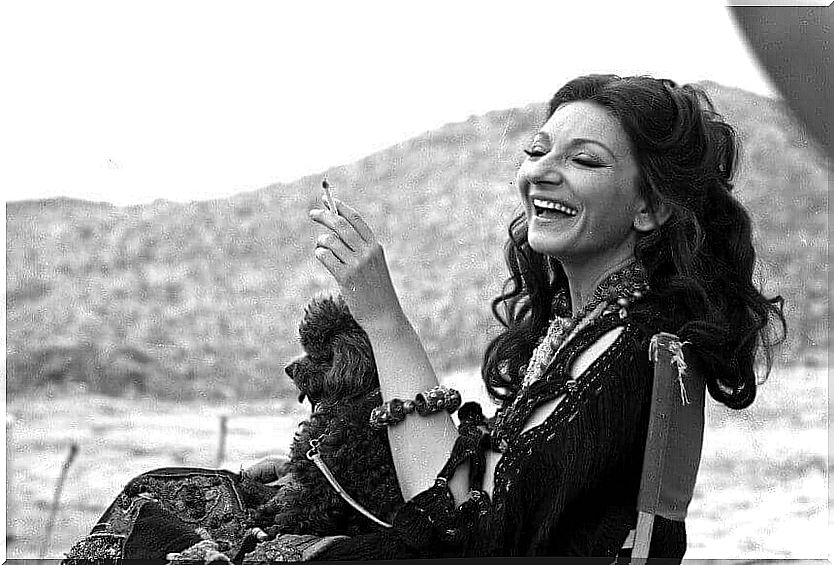
Your immortalized legacy
Knowing the biography of Maria Callas, we see that she influenced the opera more than any other singer in the 20th century. Critics and scholars of the genre have not doubted its incredible legacy: Callas achieved a deeper knowledge of traditional Italian opera. Her beautiful voice and intense feeling added impact to every opera she performed.
People who have heard Maria Callas sing say they will never forget this experience. When she wasn’t singing during opera season, she made recordings that have survived to this day. Thus, we can get closer – as far as possible – to the experience of hearing your voice.
Her voice remains immortalized in the many recordings her audience values. Some experts say Maria Callas is as popular today as she was performing on stages around the world.

